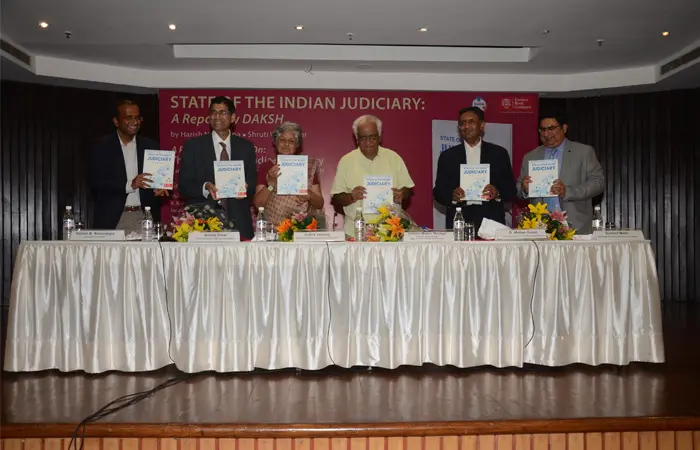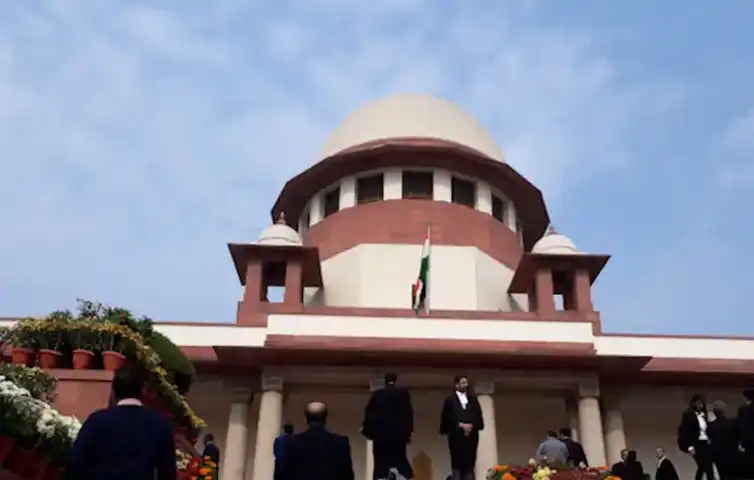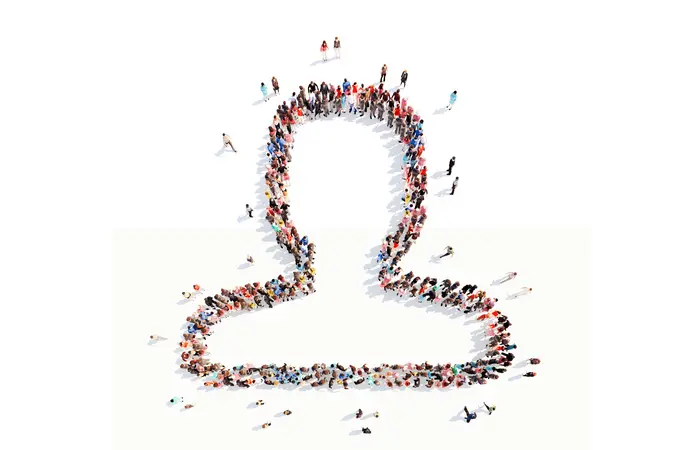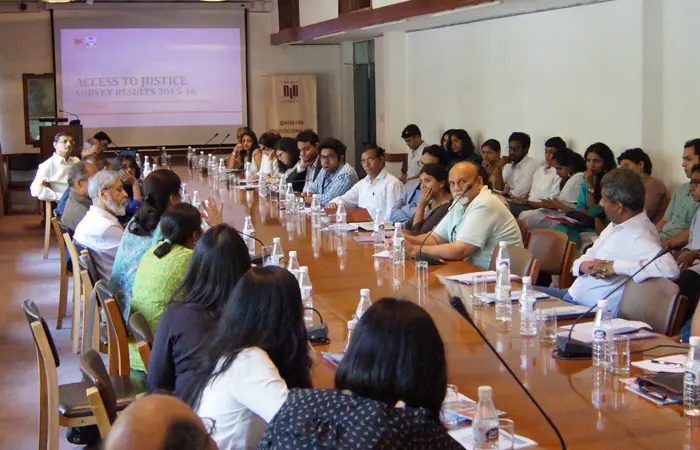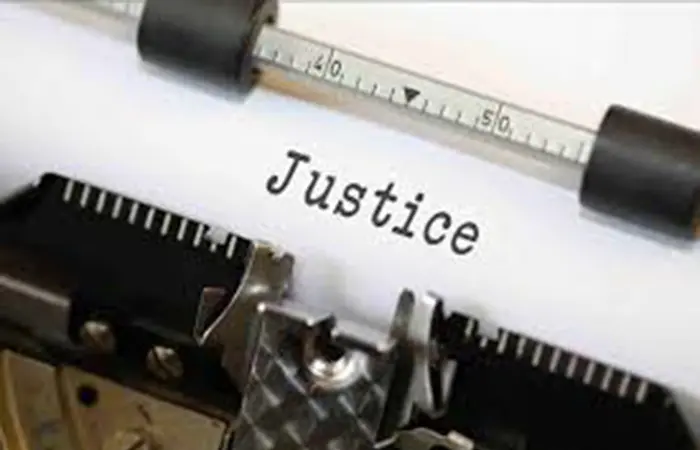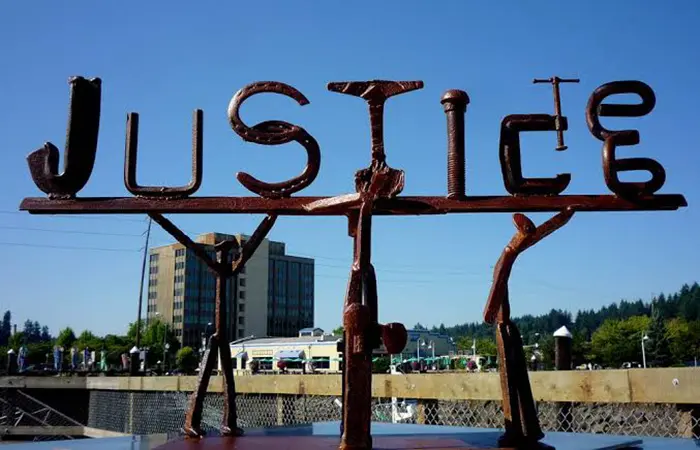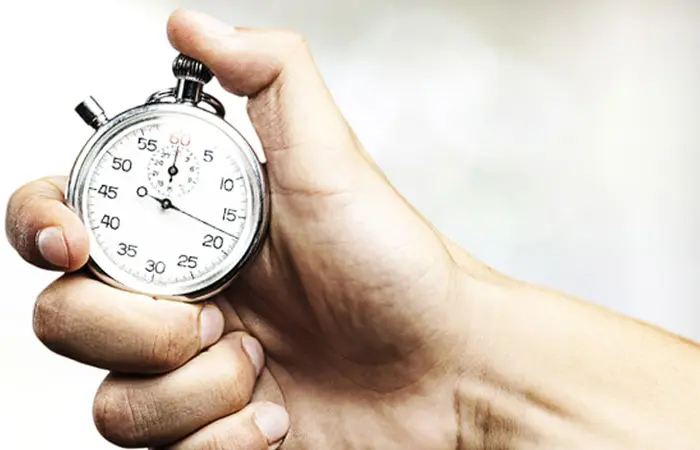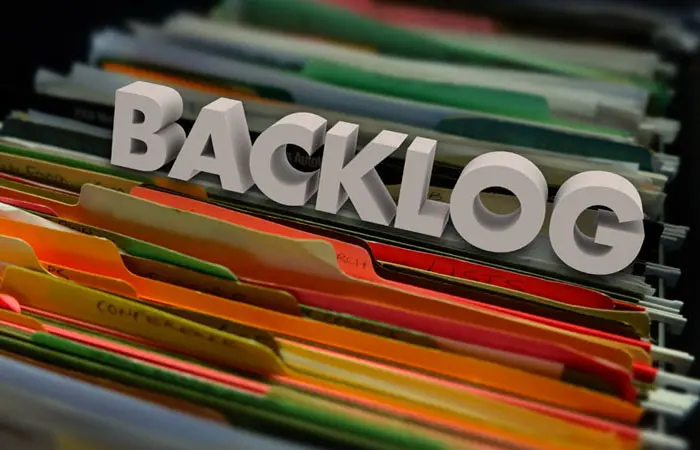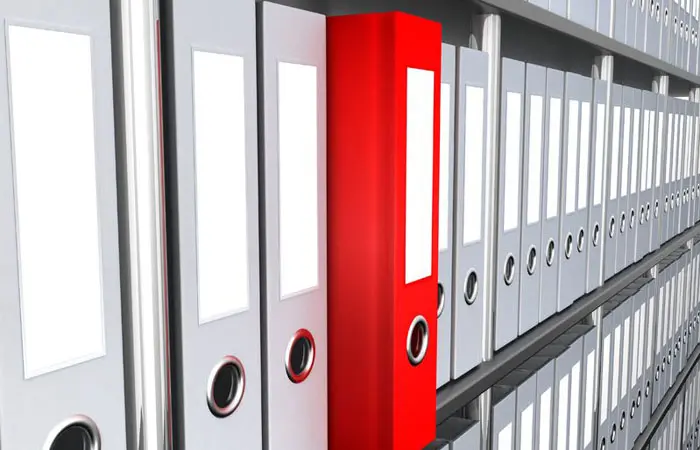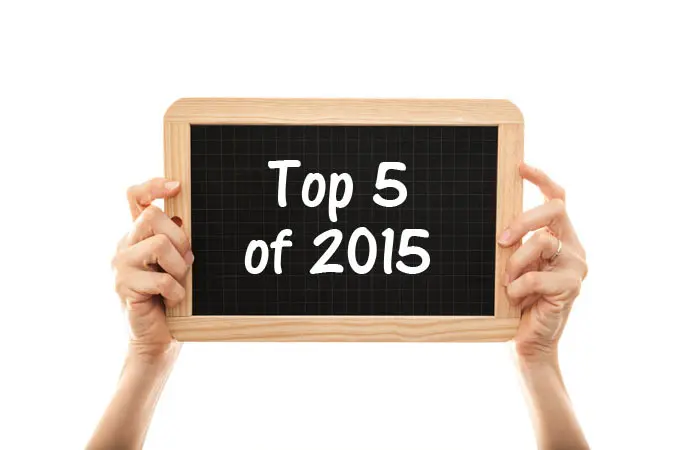The Release of the State of the Indian Judiciary Report took place in India International Centre, New Delhi, on 11 August 2016. The event was organised by DAKSH in collaboration with Eastern Book Company (EBC).

News and Blogs
A Constitution Bench of the Supreme Court in Anita Khushwa v. Pushpa Sadan (judgment delivered on July 19, 2016) has not only affirmed earlier declarations that ‘access to justice’ is a fundamental right under Article 21, but has made an effort to identify the various components of access to justice.
If there were only a 100 litigants in India, 84 of them would be men, and 15 women. Only 1 transgender citizen is found litigating. 80 Hindus, 10 Muslims, 5 Christians, and 5 from other religions.
The Access to Justice Survey Conference took place in India International Centre, New Delhi, on 23 April 2016. The conference was organised by DAKSH in collaboration with Centre for Constitutional Law, Policy and Governance at National Law University, Delhi.
A survey by research agency Daksh, made available exclusively to India Today, exposes the reasons for the unconscionable delays in the delivery of justice in India, the unserviceable workload, the harassment of litigants and chronic administrative neglect.
New Delhi: A nationwide survey conducted in 300 courtsNew Delhi: A nationwide survey conducted in 300 courts across 24 states interviewing 9,000 itigants has thrown up some startling results.
Work pressure – it’s a much bandied about phrase. While often associated with long hours and the compulsion to deliver difficult pieces of work in impossibly short timespans, the specifics of work pressure vary vastly from profession to profession.
Recently there were reports of the announcement of a joint conference of the chief ministers and the chief justices of the various High Courts called by the Chief Justice of India.
On March 19 2010, a division bench of the Supreme Court of India (SC) in Mathai @ Joby v George ((2010) 4 SCC 358) had referred the matter to a constitution bench to determine the kind of cases in which special leave to appeal could be granted under Article 136 of the Constitution.
It is a well-known fact that there are an enormous number of cases that have been filed before the Indian courts. It is an equally well-known fact that many of these cases have been pending before the said courts for several years.
Salman and Speed by Harish Narasappa discusses the issue of chronic pendency in the Bombay High Court which is in contrast to Bollywood actor Salman Khan’s speedy HC appeals process which concluded on 10 December 2015.
The Fourth Annual Constitution Day Lecture hosted by DAKSH at the Indian Institute for Human Settlements (IIHS) Auditorium on Saturday, 28 November, 2015, was a gathering of members from the legal community, students, and citizens interested in governance.

-
Rule of Law ProjectRule of Law Project
-
Access to Justice SurveyAccess to Justice Survey
-
BlogBlog
-
Contact UsContact Us
-
Statistics and ReportsStatistics and Reports
© 2021 DAKSH India. All rights reserved
Powered by Oy Media Solutions
Designed by GGWP Design
